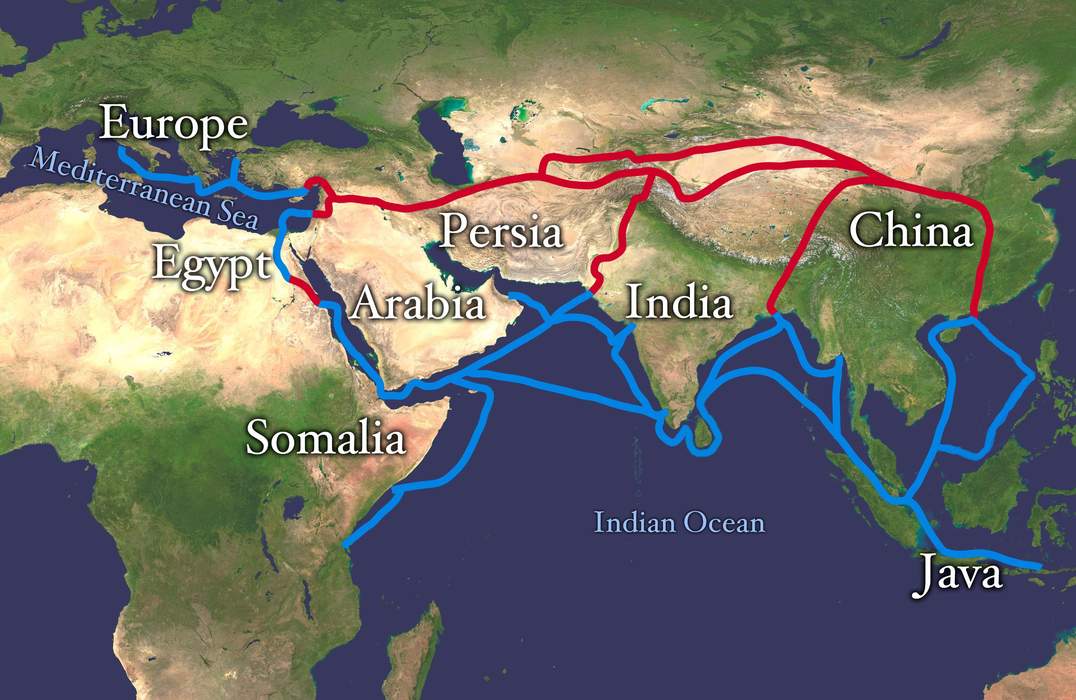
Italian tenor Andrea Bocelli brings his voice to Samarkand’s historic heart
Italian tenor Andrea Bocelli brings his voice to Samarkand’s historic heart
Under the starry sky of the ancient Uzbek..

The Silk Road was a network of Asian trade routes active from the second century BCE until the mid-15th century. Spanning over 6,400 km (4,000 mi) on land, it played a central role in facilitating economic, cultural, political, and religious interactions between the Eastern and Western worlds. The name "Silk Road" was coined in the late 19th century, but some 20th- and 21st-century historians instead prefer the term Silk Routes, on the grounds that it more accurately describes the intricate web of land and sea routes connecting Central, East, South, Southeast, and West Asia as well as East Africa and Southern Europe. In fact, some scholars criticise or even dismiss the idea of silk roads and call for a new definition or alternate term. According to them, the literature using this term has "privileged the sedentary and literate empires at either end of Eurasia" thereby ignoring the contributions of steppe nomads. In addition, the classic definition sidelines civilisations like India and Iran.
Italian tenor Andrea Bocelli brings his voice to Samarkand’s historic heart
Under the starry sky of the ancient Uzbek..
Why Shahrisabz in Uzbekistan is a hidden Silk Road treasure of architecture, music and craftsmanship
In southern..